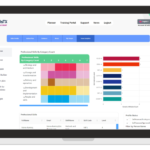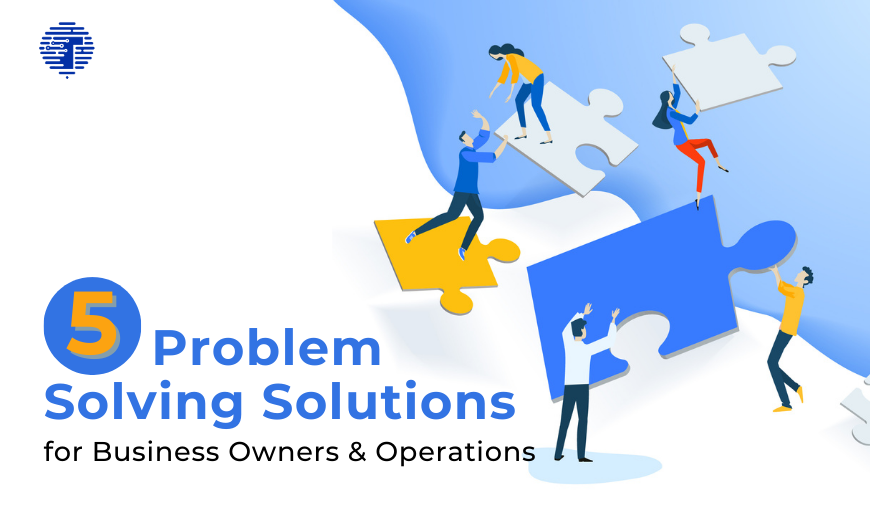In recent weeks we have been breaking down the mobile app development process and what you need to know before you start creating your own project. In this latest article, we will share with you the key factors that affect the cost of mobile application development.
Small choices along the way can have a major impact on the outcome of your mobile app development project.
App Development Team Structure & Location
The structure—and most importantly—location of your technical team has one of the greatest impacts on the overall cost of your app development project. You have a few options, each with different levels of risk and cost: in-house teams, hybrid in-house + augmented teams, freelancers off job sites, or specialised software development organisations. We will cover the pros and cons of each time in future articles.
Aside from structure, location plays a huge role in overall costs simply because living costs vary around the world! A software developer in Bangkok can enjoy a much higher quality of life on ¼ of the salary of their equivalent in San Francisco or Sydney. There are of course risks here, especially in terms of communication and work culture, which is why we operate with a “best of both worlds” hybrid model between East & West.
App Complexity
Simply put, the more complex an application is, the more time it will take to design and build. More development hours = higher cost.
Some of the main factors that influence the complexity of your mobile app include the number of pages, 3rd party integrations, intricacy of the design and number of functions and features.
Features and Functionalities
The cost of app development depends on the app features and functionality too. The more unique features you want to implement on your app, the more money you will spend on your product since it takes time and effort on development.
It’s important to remember that functions and features can be added later as your market grows. A good example is ride hailing services (I.e. Uber and Grab) that have morphed into one-stop F&B, logistics and even grocery hubs.
Platform and Devices
Do you want an iOS, Android or hybrid (cross-platform) app? Each platform has different development costs due to the complexity of work and demand for skilled programmers.
Android is more popular in Eastern Europe, India, China, South East Asia and Russia, but iOS dominates in Western Europe, the United States, Canada, Australia, and Japan. Cross-platform apps are generally less costly to develop than native apps, so research your target audience before making your decision.
App Design
I’m sure all of us have used poorly designed mobile apps at least once, and remember the frustration it caused. Great UX/UI Designers don’t come cheap, and they are definitely worth the extra cost. This is one area you can’t afford to skimp as an intuitive and aesthetically appealing design can make or break your mobile app.
Intricacy of the design combined with the complexity and number of features of your mobile app all combine to influence cost.
Post-Launch Expense
App development costs do not end after you release your app. You still have to factor in the cost of maintenance, updates, and new features. Just think of your favourite mobile applications, they are probably coming out with new updates for functionality and bug fixtures and additional features every few months.
It’s safer to budget 18-20% of total app development cost for your annual maintenance costs. Additional features will likely be charged on an ad-hoc or project basis, but it is beneficial if these were part of the original plan and factored into the architecture of the application.
What’s next?

Now that you understand the key factors of mobile app development cost, you need someone you can trust to help you?
Trienpont International is a full-service software development company. We’d love to help you craft your profitable and valuable product.





